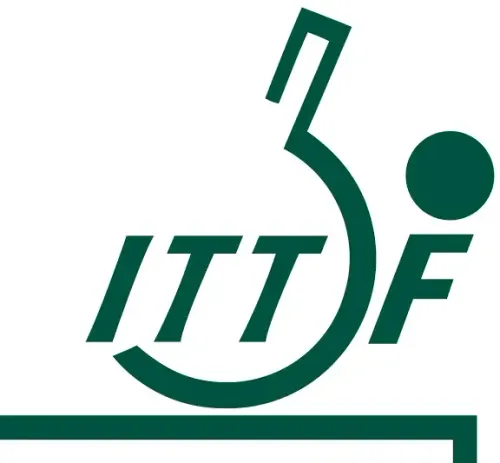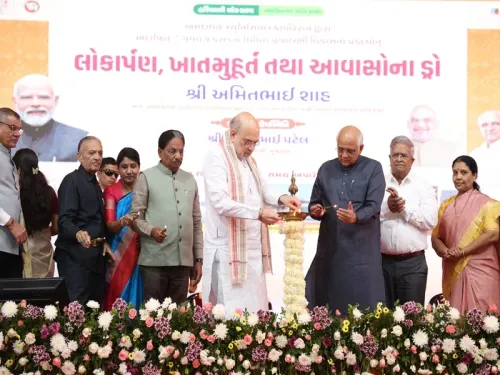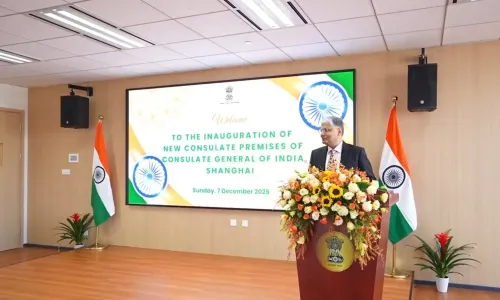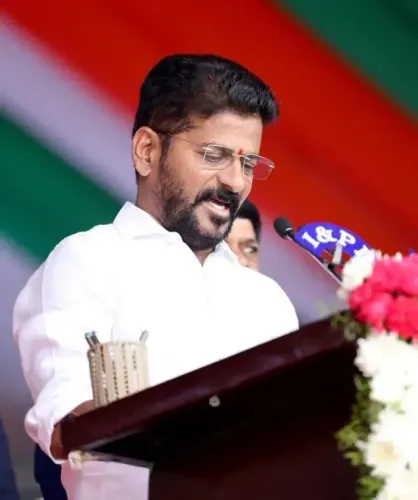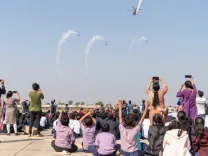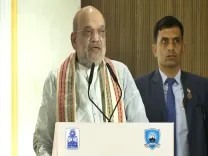Will GST Reforms Significantly Enhance Our Defense Corridors? Gen Upendra Dwivedi
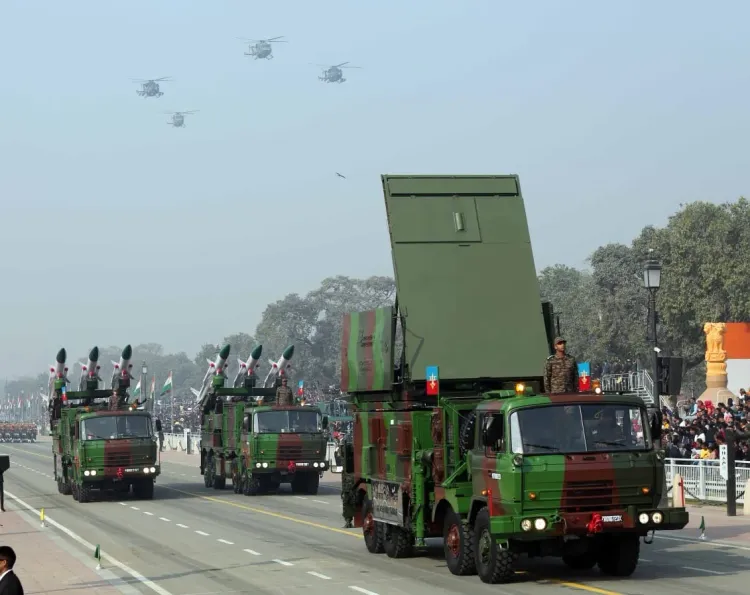
Synopsis
Key Takeaways
- GST elimination on multiple military equipment enhances funding opportunities.
- Drone GST drastically reduced from 28% to 5%.
- Increased investments expected in defense corridors.
- MSMEs and startups gain easier access to research and development funds.
- Significant military assets now under nil GST.
New Delhi, Sep 5 (NationPress) Chief of the Army Staff, General Upendra Dwivedi, remarked on Friday that the recent GST reforms are set to significantly elevate our defense corridors, enabling us to make substantial investments and anticipate improved outcomes.
In a significant enhancement for the defense sector, the Goods and Services Tax (GST) has been entirely removed on several weapons, military aircraft, and essential equipment.
Furthermore, the GST on drones has been remarkably reduced from 28% to 5%.
Speaking at an event, Dwivedi expressed gratitude towards the government for these GST reforms.
"The most significant advantage is that our defense corridors will experience a tremendous boost, allowing us to invest more and expect double the results. Likewise, MSMEs and startups, which often struggle with funding, will find it simpler to invest in research, development, manufacturing, and upgrading equipment for the Indian Army," he stated.
Under the GST 2.0 framework, several weapons that previously fell under the 18% GST bracket have now transitioned to the nil GST category.
These include military transport aircraft like the C-130 (acquired from the US) and the C-295 medium transport aircraft (jointly produced by Airbus and Tata in Vadodara).
Moreover, GST has been abolished on missiles launched from Remote Pilot Aircraft (RPAs) utilized by the armed forces.
GST has also been eliminated on GSAT systems, ship-launched missiles, flight motion simulators, underwater vessels, and fighter jet ejection seats, which ensure pilots can exit safely in emergencies.
vd


